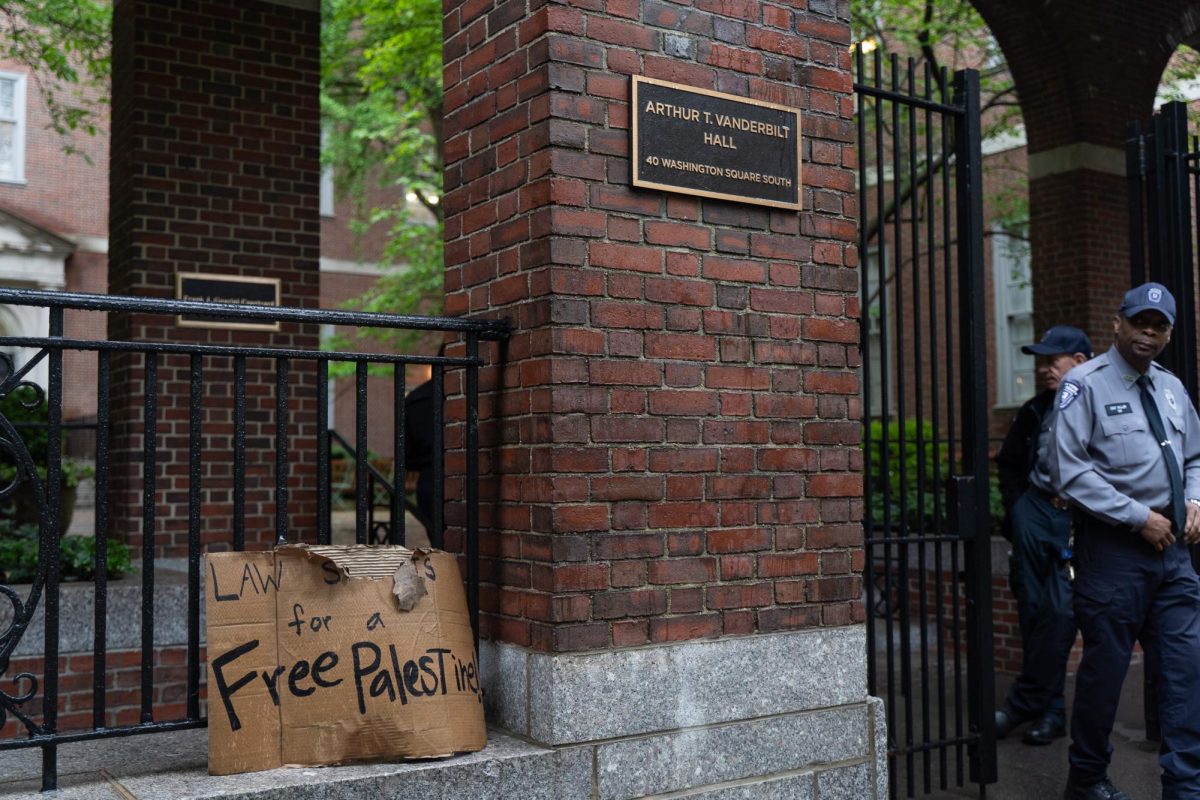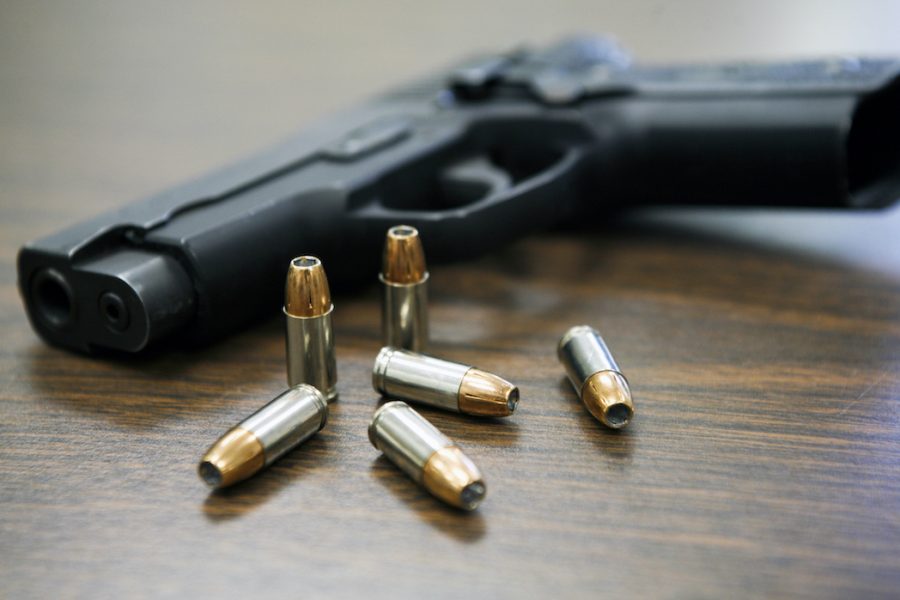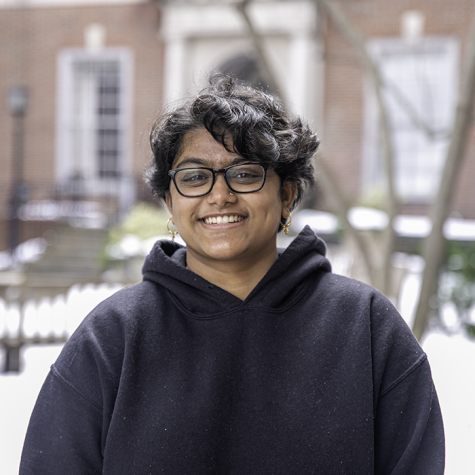Opinion: Striking down New York’s gun law could harm Black and brown people
If the Supreme Court makes a conservative decision in NRA v. Bruen, Black and brown people in New York City could be harmed.
The Supreme Court is hearing arguments about a 108-year-old New York state gun law. If the conservative court strikes it down, Black and brown people will continue to be targeted. (Image via Wikimedia Commons)
November 5, 2021
On Wednesday, the U.S. Supreme Court heard NRA v. Bruen, a case about the New York state Legislature’s 108-year-old gun law. The law requires that anyone trying to obtain a license to carry a handgun in public demonstrate “proper cause.” The Supreme Court will likely strike the law down due to its broadness and infringement on Second Amendment rights, despite some justices agreeing that certain restrictions are permissible. However, striking down the law could mean that New York City, the most populous city in the country, will allow more guns on its busiest streets. This could put vulnerable populations of marginalized people in danger when exercising their right to carry handguns.
Black Americans are disproportionately targeted by law enforcement. The New York City Police Department has taught its officers to pursue and racially profile Black and Hispanic people. The NYPD’s counterterrorism unit has a history of surveilling Muslims. Coupled with the fact that gun control laws have a racist past, it’s likely that people of color in New York will be disproportionately and violently abused by law enforcement for exercising their rights.
Black and brown people are treated differently from white people regarding gun possession. Sheima Muhammad, a Muslim woman from Ohio, described her experience carrying a pistol to The New York Times: “People stare at me and look me up and down, kind of like: ‘What are you doing owning a gun? We know what you people do with the guns.’”
Justin McFarlin, a Black Army combat veteran and NRA-certified pistol instructor, wrote the following in USA Today: “It has become clear to me that open carry and concealed carry are white privileges — permit or not. Despite having a license: I am afraid of being killed by police if I carry a gun in public.”
Justice Elena Kagan mentioned that “anybody can walk around the NYU campus” and forcefully asserted that NYU does in fact have a campus. During the stop-and-frisk era, Latino and Black people accounted for over 70% of stops in six out of the 10 NYPD precincts with the lowest Black and Latino populations. One of those 10 precincts is the 6th precinct, in which NYU’s Washington Square campus is located.
On one hand, being a woman in the city brings many dangers; on the other, being a brown person makes people view you as a potential terrorist.
In addition to being targets for white supremacists and hate crimes, many people of color are hesitant about using guns to protect themselves since white people continue to treat them as threats to public safety. As a South Asian woman, New York can be intimidating for two reasons. On one hand, being a woman in the city brings many dangers; on the other, being a brown person makes people view you as a potential terrorist. Carrying a gun can and has been empowering for many women — it can act as the ultimate safeguard against harassment, assault or rape. But as a brown woman, carrying a gun means reinforcing preconceived notions about myself and my peers.
If the law is struck down and more New Yorkers are able to own and display handguns in public, white people won’t be the ones incarcerated and punished without due cause. Black and brown gun owners will be more endangered. Law enforcement is more likely to unjustly incriminate Black and brown New Yorkers for legally exercising their Second Amendment rights. Even if people of color have “proper cause” to own and carry a firearm — and own one to protect and arm themselves against racism and violence — the expansion of Second Amendment rights will always exclude them in practice.
Contact Srishti Bungle at [email protected].
























































































































































